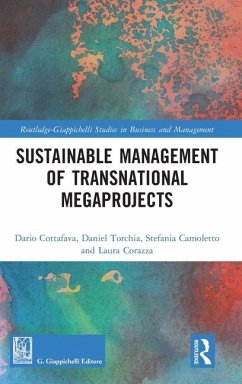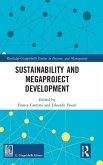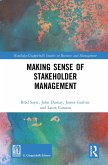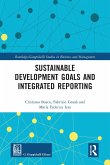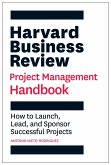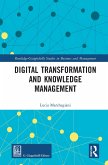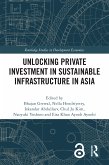This book analyses the seminal role of megaprojects for sustainable development, and the related, complex challenges they bring. It provides insights into the growing social responsibilities that megaprojects have, not only to be environmentally sustainable, but also towards the multitude of stakeholders involved, whether directly or indirectly.After an historical overview of the increasingly necessary links between sustainable infrastructure and megaprojects, the book builds on and applies stakeholder theory to stakeholder engagement and management in megaprojects. It also emphasizes the importance of building impact assessment frameworks that consider the unheard voices that are often passively sitting at the receiving end of a megaproject, as well as the local context where the megaproject is embedded. The book then proceeds to analyse the case of a very contested transnational railway megaproject between Italy and France, the Turin-Lyon high-speed railway, which has been suffering from stakeholder and communication issues for over thirty years, as well as from notable managerial and legal differences in the two countries. In this way, the book informs both theory and practice and encourages scholarly interventions into wicked problems. It contains a comprehensive review of the academic literature on the sustainability, sustainability challenges, and sustainability reporting of megaprojects. Conceptual models, frameworks and future research opportunities are provided to clarify the empirical challenges and highlight the gaps and opportunities to be explored by researchers and practitioners in future.The audience for the book is both academic researchers and practitioners in the field of megaprojects and more specifically, those dealing with managing transnational megaprojects. It also includes several topics that will be of interest to policy and decision-makers.
Bitte wählen Sie Ihr Anliegen aus.
Rechnungen
Retourenschein anfordern
Bestellstatus
Storno

